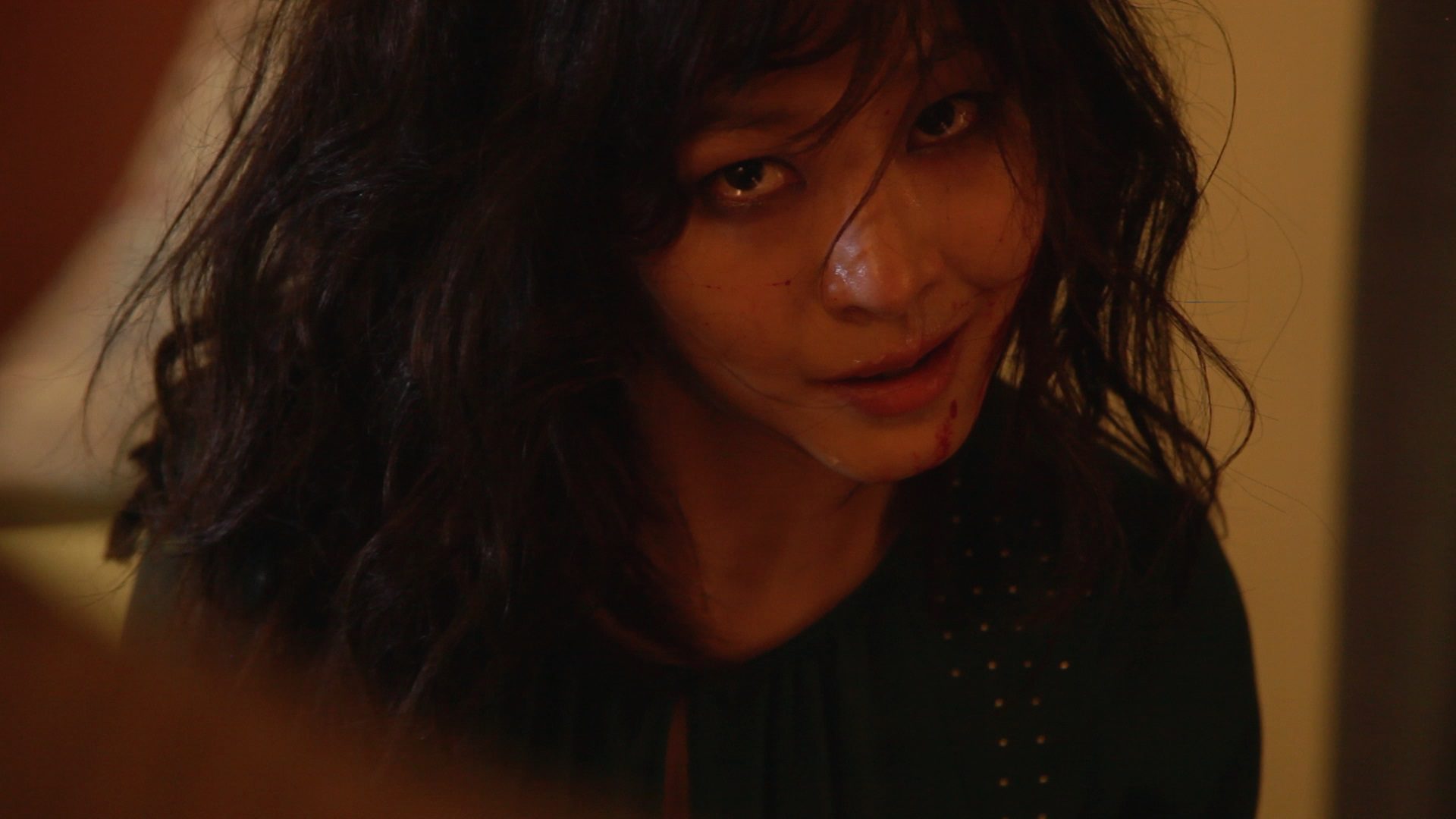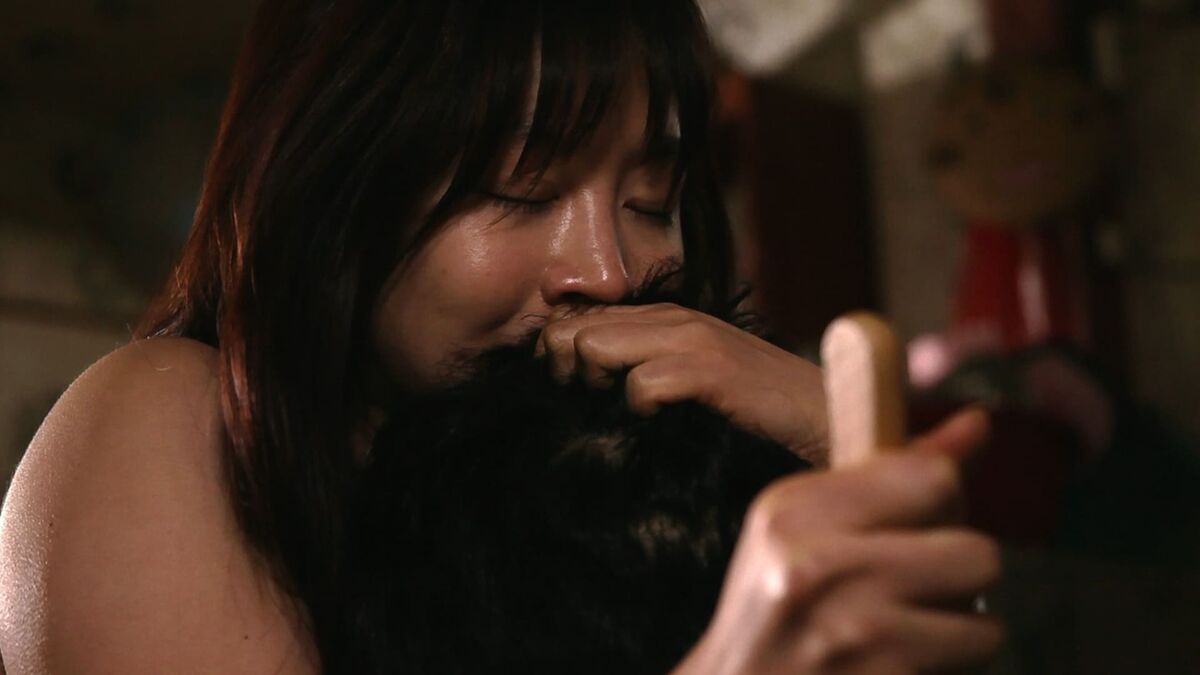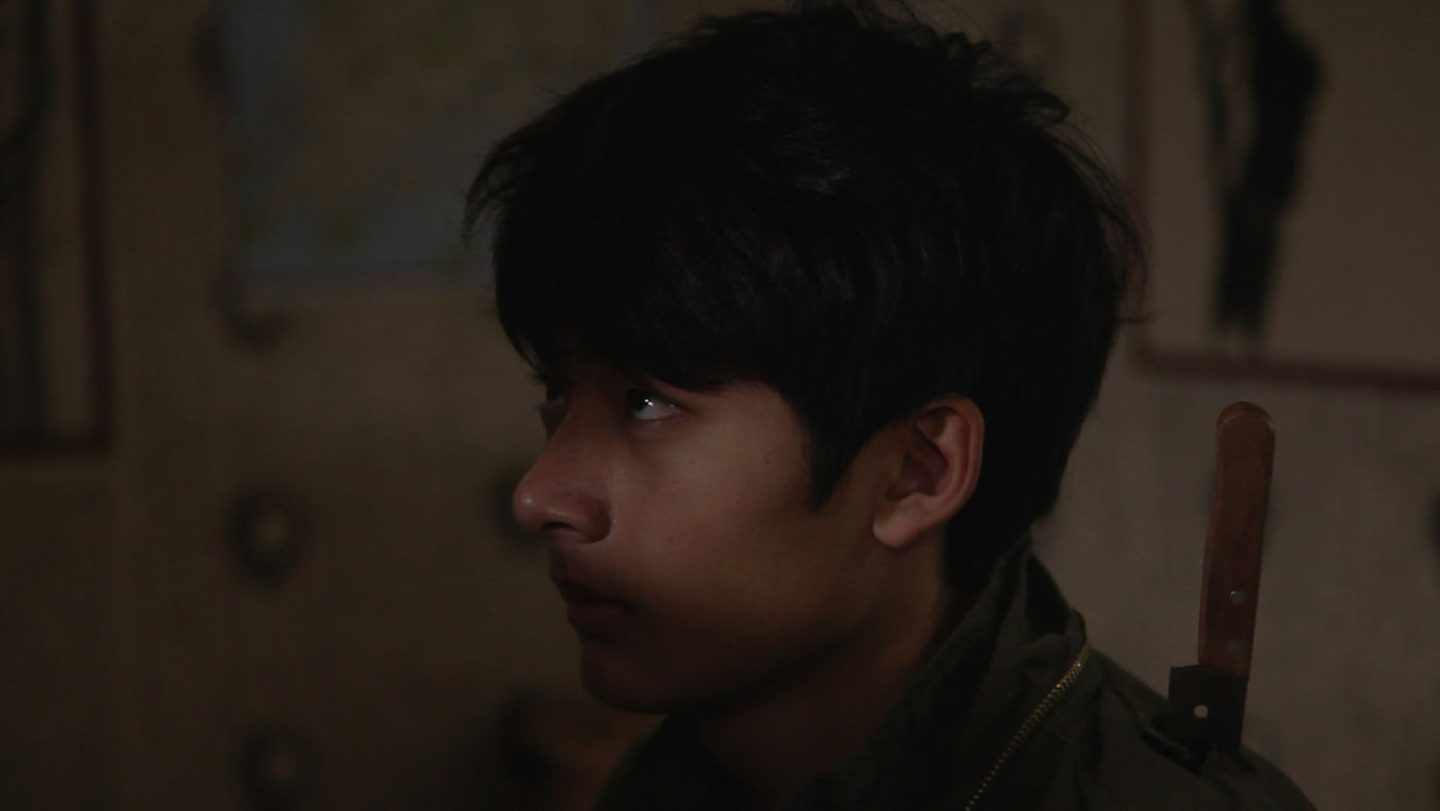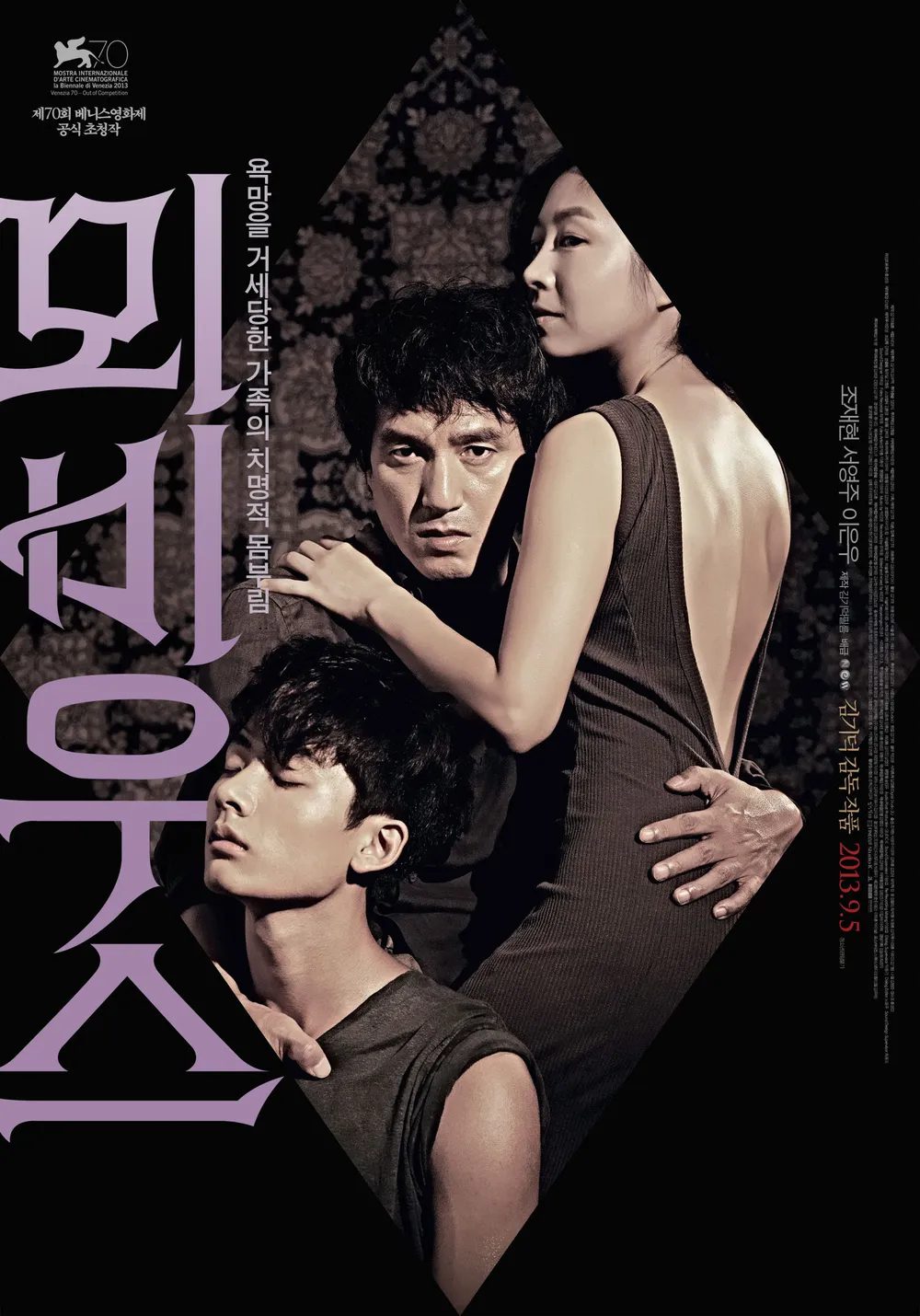Written and directed by Kim Ki-duk, one of the most controversial figures in Asian cinema, the 18+ film Moebius (2013) is a daring exploration of imagery, violence, and taboo, devoid of any dialogue. The film delivers a shocking experience and profoundly challenges societal norms over an extended period.
A Narrative That Shocks: The Silent Power of Cinema

Moebius tells the story of a family torn apart by betrayal and the desire for truth. An extramarital affair, a mother’s obsession, and a son who becomes a pawn in a cycle of domestic violence push the family into a dark spiral of despair and humiliation. The pivotal event—a mother mutilating her son in a fit of rage instead of confronting her husband—introduces a shocking chain of events that plunges the characters into a harrowing psychological state.
From the start, the film delves into behaviors that are both shocking and disturbing: a father and son sharing an attraction to the same woman while engaging in horrifying acts of incest. All unfolds like a long, unbroken nightmare without any escape.

The title Moebius refers to the Möbius strip, a shape with no beginning or end, symbolizing the closed loop of familial suffering, violence, and the entrapment of its members. It draws the viewer into a vortex from which there is no escape.
What sets Moebius apart is its complete lack of dialogue. Not a single line of spoken word is heard throughout the 89-minute film, yet every action, emotion, and tragic event unfolds with striking clarity, showcasing the powerful visual storytelling that Kim Ki-duk is known for. This is not silence in the traditional sense but rather a profound absence of communication that creates a suffocating atmosphere, leaving viewers breathless from start to finish.
There are no explanations provided; each viewer must interpret, reflect, and ultimately endure the experience. Kim Ki-duk places the audience in a void of stark reality and raw emotion, where the worst possible scenarios play out without the need for dialogue.
Lee Eun Woo: A Dual Role in a Disturbing Narrative

In Moebius, actress Lee Eun Woo plays two roles—both the mother and the love interest—often without the viewer realizing it at first. This daring choice by the director not only highlights her versatility but also adds to the film’s challenge of perception. With a haunting gaze and a physically striking presence, Lee Eun Woo captures the audience’s attention while navigating the disturbing themes of the film.
This role has brought her attention in international film festivals, yet it has also sparked intense debate regarding her portrayal. Some viewers consider her to be a “heroine” willing to sacrifice herself for the art, while others criticize her as being “too extreme” or “too willing to degrade herself for fame.”
The Fine Line Between Art and Exploitation

Upon its release, Moebius was banned in South Korea by the censorship board due to its explicit content, which was deemed to have “violent and sexual elements that are extremely disturbing.” This is one of the few films to be openly banned in South Korea after a strict censorship period. Following the ban, Kim Ki-duk was forced to cut several scenes to allow the film to be screened at various international film festivals.
South Korea’s censorship system remains strict, particularly regarding content that challenges traditional family values, morality, and the portrayal of women. Moebius is seen as a cultural shock and a bold statement against these values.
Many viewers and critics have labeled the film as “disturbing,” “inhumane,” and “not worth watching.” However, many others—especially in Western audiences—have praised Kim Ki-duk as a genius who has pushed the boundaries of experimental cinema without shying away from exploring the darkest aspects of humanity.
Behind the Lens: Kim Ki-duk—Genius or Provocateur?

Moebius cannot be separated from the name Kim Ki-duk—a director who won the Golden Lion at Venice in 2004 for 3-Iron, acclaimed for works that often challenge conventional narratives like Pietà, Spring, Summer, Fall, Winter… and Spring. He is known for going against the mainstream grain, exploring themes that reflect the “sick” aspects of South Korean society: poverty, violence, sexuality, and psychological turmoil.
However, Kim Ki-duk himself is not without controversy. After 2017, he faced numerous allegations of sexual misconduct during filming, which fueled a rapid decline in his reputation. Though no legal conclusions have been reached following his death in 2020 due to COVID-19 in Latvia, these controversies have cast a long shadow over his legacy.
Thus, Moebius stands as a dual symbol: both a pinnacle of Kim Ki-duk’s artistic vision and a stark reminder of the thin line between genius and darkness.
Final Thoughts: Who Dares to Face the Reflection?
Moebius is not merely an 18+ film for the faint-hearted. It evokes discomfort, controversy, and even outright hatred. Yet, if one views the film as a distorted mirror reflecting the darkest truths—no matter how unpleasant—then Moebius serves as an unflinching mirror that reveals the raw humanity beneath.
Not everyone will feel compelled to watch this film, but those who experience Moebius will find it unforgettable. It is not just a film but a profound sensory and psychological experience, plunging into the depths of human depravity and the fragility of moral fabric.





















